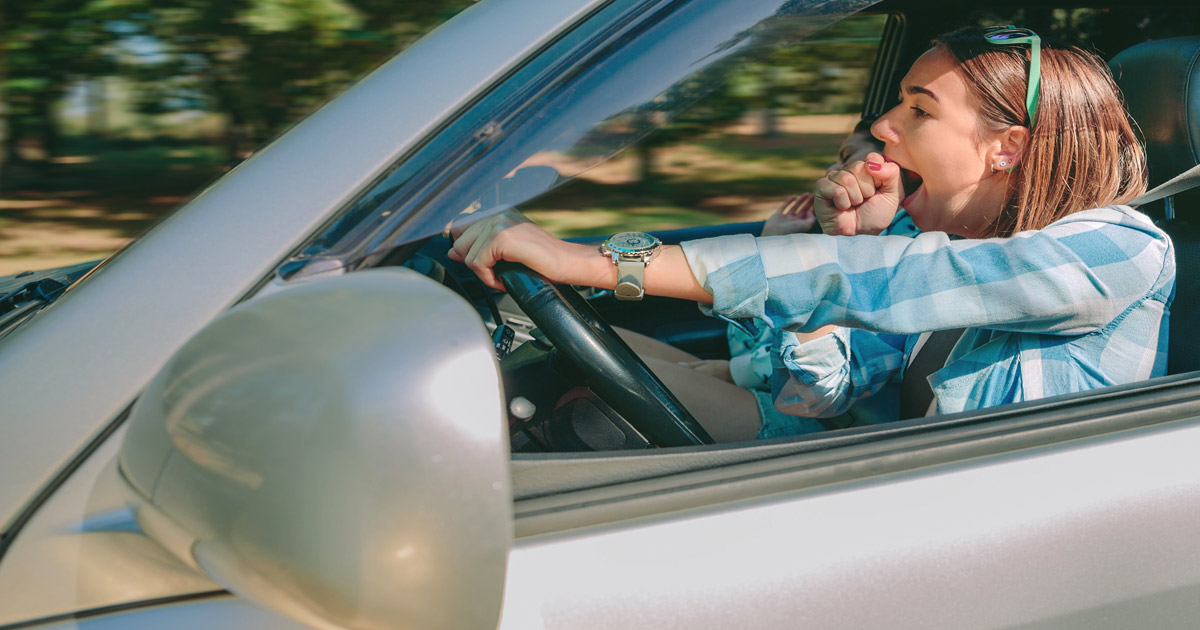MENU
- Home
- Overview
- Attorneys
- Practice Areas
- Firm News
- Blog
- Contact

People across the country are getting ready for spring, and with that means the beginning of daylight saving time (DST). DST has been the topic of debate for years, and many believe the practice is antiquated. Studies have shown that DST can have negative effects, such as extreme drowsiness. Drowsiness following the time change can particularly affect drivers.
According to research from the University of Colorado, during the week following the start of DST in spring, there is an increase of nearly six percent of fatal car accidents. The lost hour of sleep can impact a person’s internal body clock, causing issues with their digestion, heart, and sleep schedule.
DST causes the morning commute to be darker, although the evening commute will be lighter. The combination of drowsiness and driving in the dark also increases car accidents.
Drowsy driving is often compared to drunk driving. In fact, according to the CDC, driving after staying awake for 18 hours is the same as driving with a blood alcohol content (BAC) level of 0.05 percent. If you drive after being awake for 24 hours straight, that is the equivalent of driving with a 0.10 percent BAC level. According to the National Sleep Foundation, you are 40 percent more likely to get into a drowsy driving crash if you work more than 60 hours a week.
According to the National Highway Traffic Safety Administration (NHTSA), drowsing driving causes over 100,000 car accidents each year, almost 50,000 injuries, and about 800 deaths. It is important to know how to prevent a drowsy driving accident, especially after the time change.
The following are tips to help you prevent a drowsy driving accident:
After a drowsy driving car accident, check yourself and your passengers. You should:
In Delaware, the statute of limitations allows two years from the date of the accident to bring a personal injury lawsuit.
Delaware applies the modified comparative negligence rule in personal injury cases. The damages rewarded to the plaintiff depends on what percentage of fault they carry which is decided by the court. For instance, if a plaintiff in an accident case is eligible to receive $100,000 but is found to be 25 percent liable for the accident, then 25 percent of the total damage award would be deducted. However, if the plaintiff is found to be more than 50 percent at fault for the accident, then they do not receive any compensation.
You may get enough rest for the start of DST, but you cannot account for other drivers. If you have been injured by a drowsy driver, you should contact our Wilmington car accident lawyers at Jacobs & Crumplar, P.A. for assistance. We look forward to helping you. Call us at 302-656-5445 or fill out our online form for a free consultation. Located in Wilmington and Millsboro, Delaware, we proudly serve clients throughout Dover, New Castle County, and Sussex County.